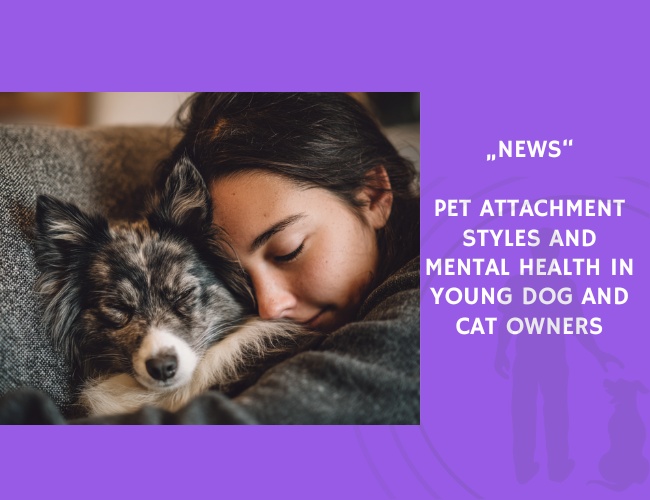As pet ownership increases worldwide, so does interest in its psychological impacts. A recent study by Hawkins et al. (2024) explores this dynamic in depth, arguing that mental health benefits depend far more on the quality of the owner-pet relationship than ownership alone.
Surveying 600 emerging adults (aged 18–26) in the United Kingdom who owned dogs or cats and experienced symptoms of anxiety or low mood, researchers found high rates of clinical Generalized Anxiety Disorder and Major Depressive Disorder in the sample. Their findings challenge the simplistic notion that owning a pet automatically improves mental health.
Dog owners tended to have more secure attachments to their pets than cat owners. However, anxious attachment was associated with poorer mental health among dog owners, while avoidant attachment showed a surprising association with better mental health in both dog and cat owners.
Insecure attachment was also linked to lower perceived pet quality of life, more reported behavioral problems, and poorer owner-pet compatibility. Among dog owners specifically, the pet’s mental state—including visible signs of fear, anxiety, or depression—was found to mediate the relationship between attachment style and owner mental health. These patterns were not seen among cat owners.
Furthermore, the study identified the domain of affection compatibility as a significant mediator. For anxious owners, greater affectionate bonding led to increased emotional distress, while for avoidant owners, lower affectionate compatibility appeared to protect mental health.
Ultimately, the findings underscore that the psychological benefits (or harms) of pet ownership are highly individual and contingent on the emotional dynamics between human and animal. The study advocates for more nuanced frameworks when studying how pets affect owner wellbeing, particularly in clinical and therapeutic settings.
Source: R. D. Hawkins, A. Ellis, C. Robinson. “Exploring the Connection Between Pet Attachment and Owner Mental Health: The Roles of Owner-Pet Compatibility, Perceived Pet Welfare, and Behavioral Issues.” Published in medRxiv, 2024-11-21.










